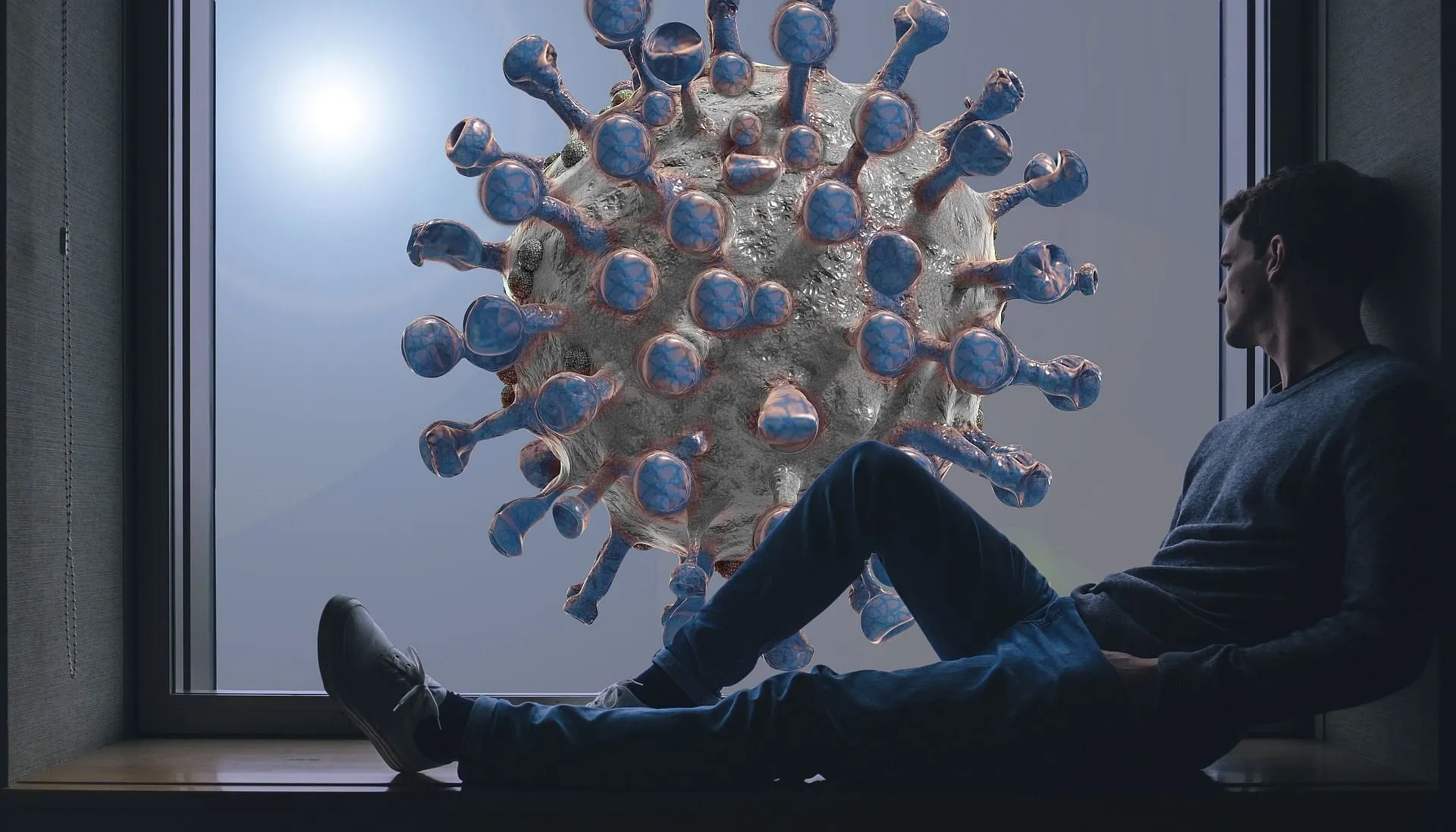For the last 18 months, across the globe, whoever is associated with managing infectious diseases—be it virologists, epidemiologists or pharmacologists—have been feverishly trying to study and understand Covid-19 disease. However, many aspects of this disease are still elusive.
There is a significant decline in Covid-19 cases and most Covid-19 patients recover within weeks after getting infected. Despite revolutionizing advances in medical sciences, health experts are still struggling with the fast mutating strains of this invisible organism.
Similar to the unpredictable nature of the virus, we are now witnessing a substantial number of Covid-19 patients experiencing a wide range of health issues even a month after contracting this virus. These patients either have new symptoms or have continuing symptoms related to various organ systems of the body. Although there is no enough data to definitively establish and characterize Post-Covid-19 conditions, experts term Post-Covid-19 ongoing signs and symptoms for four or more than four weeks of getting infected Post-Covid Syndrome or Post-Covid Complications. Surprisingly, experts opine that Post-Covid Conditions are even experienced by asymptomatic Covid-19 patients weeks to months after they were infected.
Post-Covid Syndrome is emerging as a serious challenge both for doctors and patients. Post-Covid-19 conditions manifest in various forms of health problems and for varied periods. Post-Covid conditions are also named Chronic Covid-19, Post Acute-Covid-19 and Long Haul Covid-19. Many Covid-19 patients experience persistent symptoms that continue for months after contracting the virus, and these symptoms are called ongoing or new symptoms. These symptoms can persist in any Covid-19 patient with mild disease. These symptoms vary from shortness of breath to tiredness to pain in joints, to dry cough to sleep disorders, fast heartbeat, loss of smell, intermittent fever, worsening of symptoms after activity, headache, loose stools, lightheadedness to requiring oxygen inhalation.
Patients who had severe Covid-19 or were hospitalized experience Post-Covid-19 effect on most of their organ systems ranging from lung, heart, skin, kidneys, bones and joints to brain. Doctors say that as many as 15-20 % of hospitalized patients return with one or the other Post-Covid-19 condition. Some patients also experience weakness, difficulty in concentrating, mood swings and depression. Other Post-Covid-19 complications include the formation of blood clots, chronic kidney disease, hair loss, antibiotic resistance, diabetes and bone death. There are certain psychological conditions as well that are seen in many people who were not infected with Covid-19 because of overall anxiety due to lockdowns and huge grief around.
Except for use of certain drugs during Covid-19 illness like steroids which predispose to bone death and diabetes, there is yet no definitive known cause for these long term complications. However, virologists and epidemiologists are trying to study why and which patients manifest short-term and long-term effects of Covid-19 disease.
Experts believe that so far the most effective way to prevent Post-Covid-19 conditions is to get vaccinated as early as possible. One can get vaccinated even after contracting the virus. Constant follow-ups and reporting new or returning symptoms, especially severe pain in joints, shortness of breath, extreme fatigue, to the doctor is very important. Post-Covid-19 depression, sleep disorder or anxiety mandates consultation with a psychiatrist. Many medicines used for treating Covid-19 patients have long term side-effects. In this backdrop, pharmacologists also suggest judicious use of steroids, antibiotics and anti-virals in Covid-19 patients. Post-Covid Care clinics are now functional in various hospitals of Kashmir where patients with Post-Covid-19 physical and mental conditions are counselled and managed. Any physical or mental, new or ongoing symptom experienced by Covid-19 patients should be reported in these clinics.
Bottomline: Health experts say that Covid-19 is an uncertain virus and a lot is still unknown and unclear to us about its effect on our body. Covid-19 patients should monitor their symptoms and do regular follow-ups with their doctors. The best way to prevent Post-Covid-19 syndrome is to get a Covid jab at the earliest. And importantly, learning lessons from the past, lowering guard against Covid-19 will be suicidal. Mask wearing, social distancing and hand hygiene remains the best method of prevention. Don’t forget that this invisible creature still exists. In the wake of Eid ul Azha, let us be very careful and follow the Covid Appropriate Behavior to avert ourselves, our family and our society from another catastrophe.
Disclaimer: The views and opinions expressed in this article are the personal opinions of the author. The facts, analysis, assumptions and perspective appearing in the article do not reflect the views of GK.







